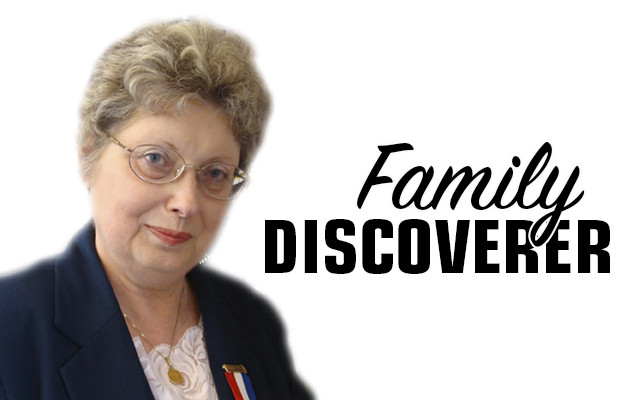
County societies
By Nancy Battick
In Maine when we think of researching in an historical society we look in towns, cities, or the Maine Historical Society in Portland. County historical societies are nonexistent here. Perhaps it’s because our county governments play a role limited to courts, jails, sheriffs, and the care of unincorporated townships. That’s not the case in other states.
In many states the county is the dominant form of government. I once worked with a new-to-Maine city manager who was shocked to learn he had to prepare an annual budget, negotiate with unions, and handle the day-to-day work of the city. Where he’d come from the county did it all.
So keep county historical or genealogical societies in mind as you research. They cover more than one town or city and you may be able to do your research in one spot instead of searching town to town. I live in Piscataquis County which is rural and thinly populated, second to Aroostook in size and home to many unorganized townships as well as unincorporated towns that collapsed due to the high cost of running a town.
While formal town and vital records are sent to the state archives when a town disbands, we have no fixed repository for unofficial records — for example, family materials such as diaries and letters, photo collections, church records, and other “unofficial” documents that tell a town’s story. If there’s no local historical society where do those items go to be cared for and made available for researchers?
There is no fixed place. Items may end up in a nearby museum or historical society if the group has room to offer space. A truly important collection might end up in the holdings of the Maine Historical Society or the Maine State Library or Archives or even in the New England Historic and Genealogical Society in Boston. But sadly many things just slip away, tossed out by relatives or sold on eBay to the highest bidder. A family collection could end up dispersed to the winds and the historical context lost forever.
In Maine we have several district or county genealogical societies but few own a library or research repository where items can be stored.
How helpful can county societies be? I once was seeking my third great-grandfather John Batchelder. I located him in Michigan and when I contacted the town was referred to the Jackson County Genealogical Library. There is now a county historical society as well. They sent me wonderful information which led me to find John had returned to Maine to die at the age of 102 in 1889.
I doubt independent Mainers would endorse the idea of a county-wide historical society but keep the knowledge of such societies in mind when researching out of state. These groups can be extremely helpful if only to point you in the right direction to find what you’re seeking. As genealogists we can’t afford to ignore any help that might offer clues when we’re researching.
Nancy Battick is a Dover-Foxcroft native who has researched genealogy for over 30 years. She is past president of the Maine Genealogical Society, author of several genealogical articles and co-transcribed the Vital Records of Dover-Foxcroft. Nancy holds an MA in History from UMaine and lives in Dover-Foxcroft with her husband, Jack, another avid genealogist. You can contact Nancy at nbattick@roadrunner.com.